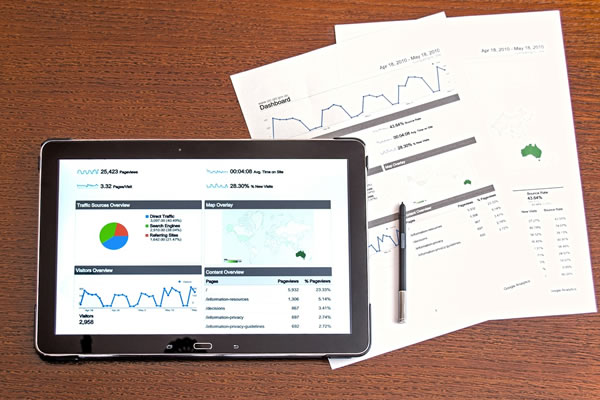We help clients manage their projects and programs more effectively so that they are completed on time, as per specifications and within the budget. Through Project Management we lead teams to achieve a predefined goals or outcomes within constraints of time, scope, cost, quality and resources; and using a set of proven methodologies and tools. Our Project Management Services entail the following:

Feasibility Study
Through a feasibility study, we help you determine chances of success of any of your proposed project.
Read More
Project Planning & Scoping
Project planning phase is often the most challenging phase for a project, ...
Read More
Project Costing & Scheduling
A project is considered successful when it is delivered on time and within budget ...
Read More
Project Stakeholder Management
This process entails managing the expectations and requirements of all internal and external stakeholders that are involved with ...
Read More
Project Risk Management
A risk is anything that could potentially impact your project’s timeline, performance or budget. Risks are potentialities and a project ...
Read More
Project Monitoring & Controlling
This process involves tracking the actual project performance with the planned project management activities. It occurs at all...
Read More
Project Procurement Management
Project procurement management is the creation and maintenance of relationships with external resources needed to...
Read More
Project Communication Plan
A Project Communication Plan is a document that defines when, how, and what kind of information is shared stakeholders...
Read More
Project Resource Management
A resource is defined as anything or anyone that can be planned or booked in order to complete the task or a project. Planning and managing...
Read More
Project Documentation & Reporting
Project documentation lays the foundation for quality, traceability, and history for both the individual document and for the complete...
Read More

